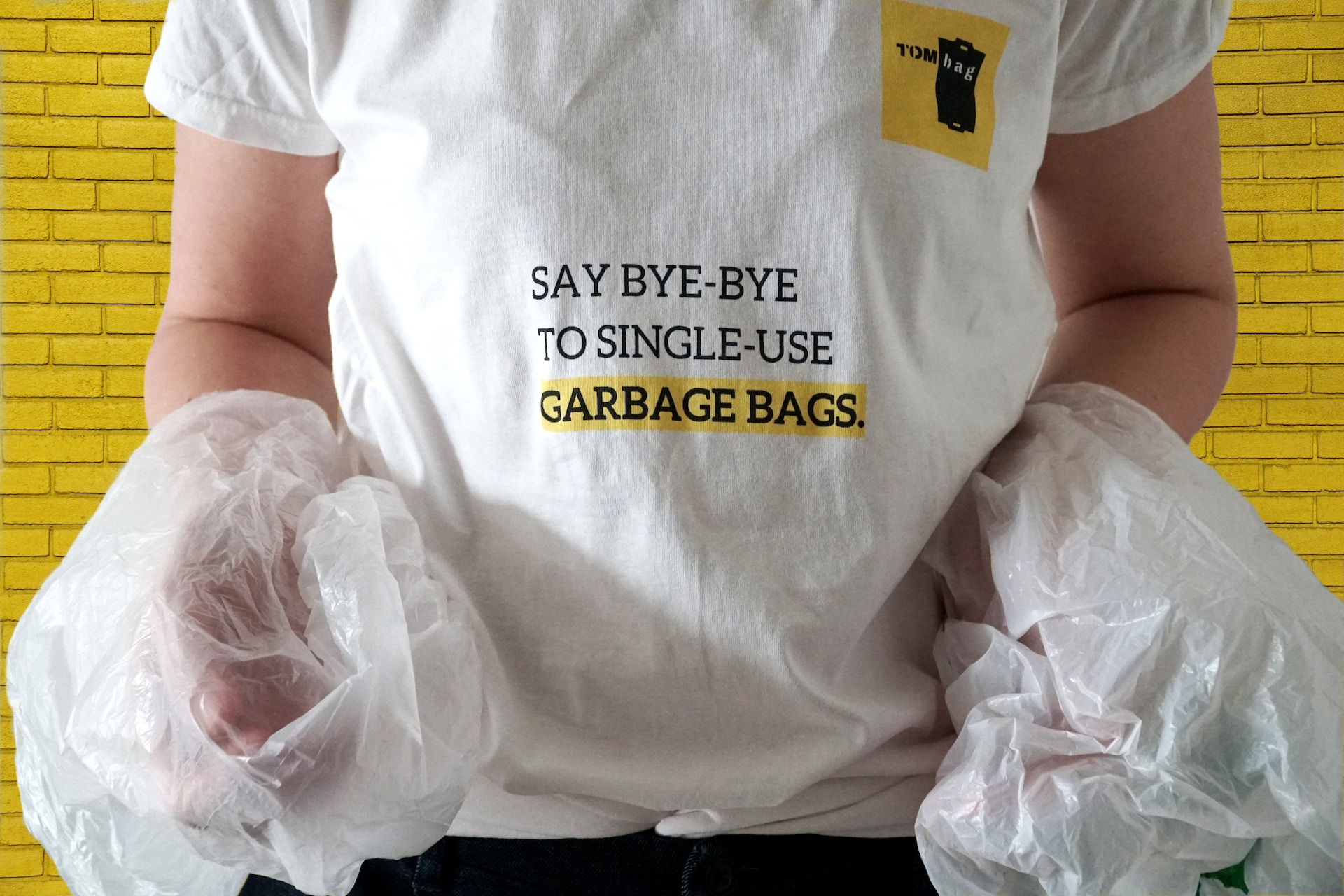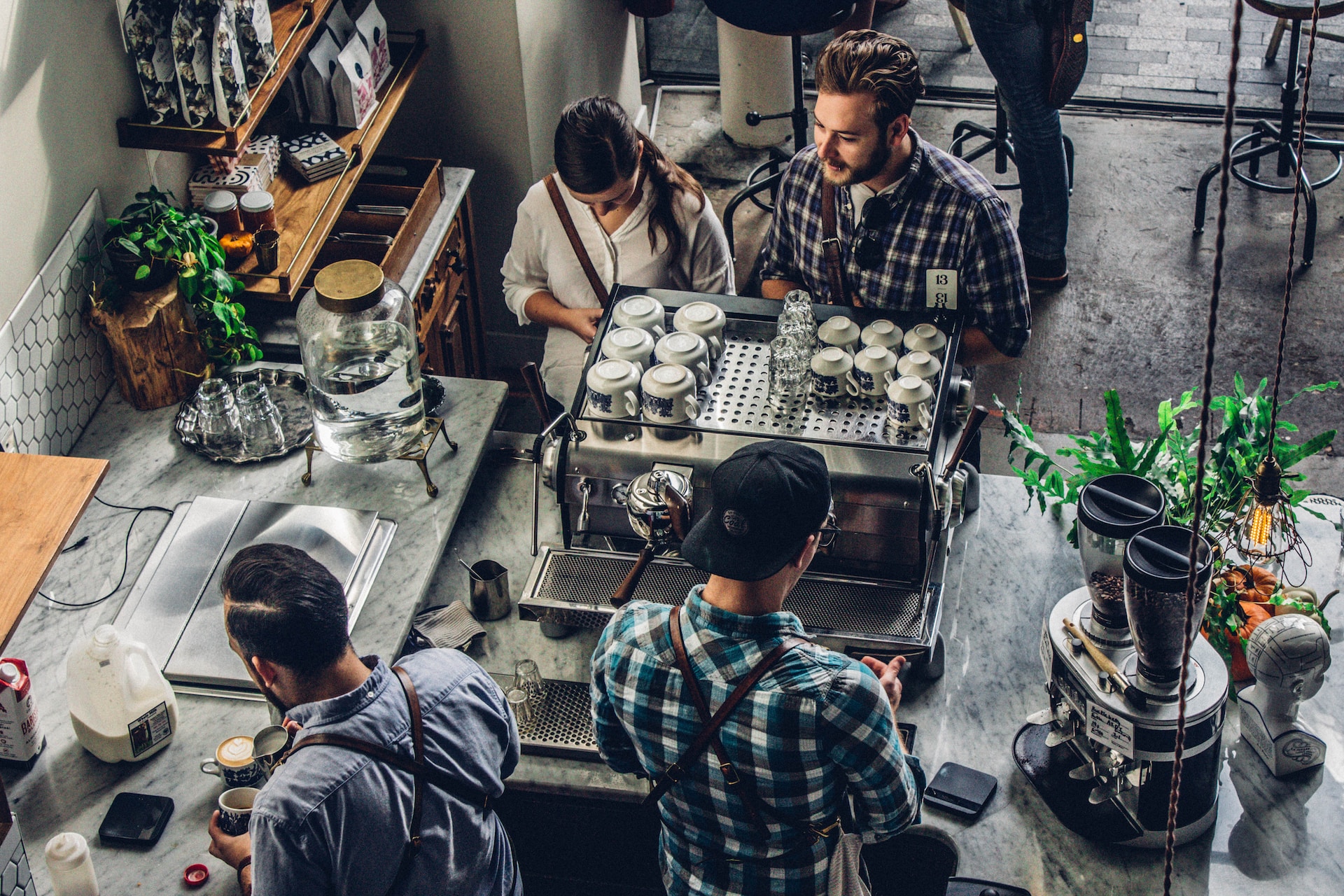Zero waste cooking has become a real trend, popular with gastronomy enthusiasts keen to reduce their ecological footprint. By adopting simple and clever actions, it is possible to limit food waste and revive the flavors of our dishes. In this article, we give you our best advice for zero waste cooking that combines respect for the environment and taste pleasures.
Plan your meals and make a shopping list
The first tip for a zero waste kitchen is to plan your meals in advance and make a shopping list. By deciding in advance what dishes you are going to prepare, you avoid impulsive purchases and forgotten foods at the bottom of the refrigerator. By making an accurate list of necessary ingredients, you only buy what you really need, thereby reducing food waste.
Favor local and seasonal products
For a zero waste kitchen, it is essential to favor local and seasonal products. By choosing foods grown nearby, you reduce your carbon footprint linked to transportation. In addition, seasonal products are often tastier and richer in nutrients, which contributes to the quality of your dishes.
Reuse leftovers and peelings
In a zero waste kitchen, leftovers and peelings are not thrown away, but reused. Leftover vegetables can be transformed into soup or broth, leftover meat can be added to a salad or used in quiches or omelettes. The peelings can serve as a base for aromatic broths. By using every part of the food, you limit waste and give a second life to your ingredients.

Compost organic waste
Another tip for a zero waste kitchen is to compost organic waste. By recycling fruit and vegetable peelings, coffee grounds, egg shells, etc., you obtain natural and fertile compost, ideal for feeding your houseplants or your garden. Composting thus reduces the sending of food waste to landfill while contributing to the preservation of the environment.
Use reusable containers
For a zero waste kitchen, it is important to use reusable containers. Opt for glass jars or airtight containers to store your food, instead of wrapping them in disposable plastic. Likewise, prefer fabric bags for your shopping, thus avoiding the use of single-use plastic bags. By adopting this approach, you significantly reduce your waste production.
Make your own bread and yogurt
To go further in zero waste cooking, you can also make your own bread and your own yogurts. By making your own bread, you avoid industrial bread packaging and you control the ingredients used. Likewise, by making your yogurt yourself, you reduce the consumption of plastic packaging and you can choose the quality of the dairy products used. These simple actions allow you to consume more responsibly and enjoy homemade products.
The importance of culinary education for zero-waste cooking
While the current trend is focused on practical methods for adopting a zero-waste kitchen, it is essential to dig deeper into the root of the problem. Why do we produce so much waste in the kitchen? The answer often lies in our culinary education. The way we are educated to cook, shop and consume has a direct impact on the amount of waste we produce.
Cooking is an art, but it is also a know-how passed down from generation to generation. Historically, our ancestors did not have access to the abundance of packaged foods we have today. So they had to be clever, using every part of a food to feed their family. The bones were made into broth, the overripe fruit into jam, and nothing was wasted.
With industrialization and ease of access to food, we have lost part of this culture of conservation. Disposable packaging, ready meals and food glut have led to a drastic increase in waste.
To find a truly waste-free kitchen, it is necessary to reconnect with these culinary traditions. It is not only about adopting practical methods, like those mentioned above, but also about redefining our relationship with food. It starts with education.
Learning to cook, knowing the seasons, understanding where our food comes from and how it is produced are essential steps to reducing our waste. For example, a cooking class focused on preservation can teach how to make jams, pickles or chutneys, extending the life of food and avoiding waste.

Rethinking kitchen tools for an ecological approach
Beyond traditional methods and culinary education, rethinking the tools we use in the kitchen is also a step towards true zero waste cooking. By investing in durable, quality tools, we can significantly reduce waste related to breakage and wear, while improving the efficiency of our kitchen.
Durable utensils for long use
Opting for stainless steel, wood or cast iron utensils may seem like a bigger investment at first, but in the long run, these materials have a much longer lifespan than their plastic counterparts. For example, a cast iron skillet can last for decades if properly maintained, while a traditional nonstick skillet may require replacement every few years.
Reduce electricity with manual methods
Electrical devices, while effective, can often be replaced by manual methods. A manual coffee grinder, for example, not only reduces electricity consumption, but also gives personal satisfaction during use. Additionally, these manual methods reconnect us with the very essence of food preparation, creating a more authentic culinary experience.
The importance of maintenance
Regular maintenance of tools is also crucial to ensure their longevity. Regularly sharpening your knives, treating your wooden cutting boards with oil and cleaning your utensils properly not only ensures optimal performance, but also prevents premature replacement.












